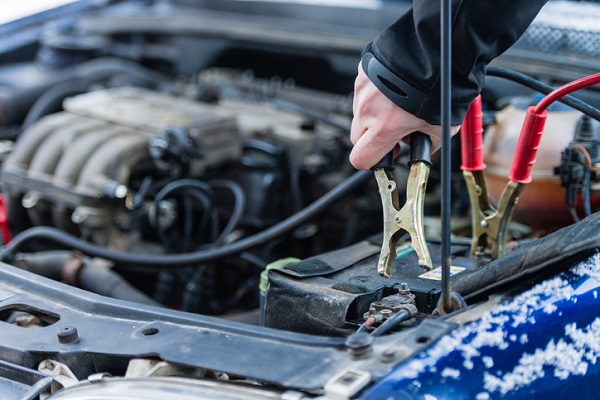
If you’re an aspiring mechanic and have felt instant frustration upon failing to start your own car in freezing weather, this is an article you’ll relate to. Car engines, especially in older vehicles, can have trouble starting and working properly in cold weather. As an auto mechanic, it is important to recognize any signs that an engine might be malfunctioning as a result of such weather.
Aside from the myriad problems cold weather can have on other parts of a car (such as heaters, windshields and tires), engines tend to be particularly susceptible and it’s worth knowing what the root issues are. Here are some things aspiring mechanics should know about how cold weather can affect car engines.
When it’s Freezing Outside, Oil Gets Thicker and Gas Evaporates Slower
It’s important to remember that oil in cold temperatures doesn’t tend to stay very liquid, unless it’s a synthetic motor oil. In most other situations, oil gets very thick in the cold. Since the engine has to push the oil around for it to start spinning, doing so is more difficult in the cold and the oil pump will have to work harder to circulate it.
Similarly, gasoline does not evaporate as quickly in cold weather. As a result, it becomes more difficult to burn, since it must be vaporized prior to burning. Some car owners may choose to put ether in their engines to start their vehicles in cold weather, as it evaporates more quickly than gas. It is also worth noticing when engine fluids are congealing because of the cold, as the hoses, gearbox and engine will be affected by this.

Leaks Can Be Another Major Cause of Malfunctioning Engines in Cars
On the subject of liquids, those wanting to become a certified mechanic should know that leaks are especially problematic when temperatures are freezing. This is particularly true when temperatures go back and forth between cold and warm, causing plastic and metal sections of the vehicle to accumulate condensation. Since condensation turns to water and eventually ice, any presence of ice in the engine transmission system can cause leaks. This can pose a hazard to the steering and brake systems, especially since ice can’t travel through the lines of the car’s major systems. As an auto mechanic, it’s important you flush out the fluids from the car, since they cannot move as freely in an engine if the temperature is cold.
Those Taking an Auto Mechanic Course Should Know How Batteries Are Affected
Students in an auto mechanic course will probably already know that car batteries are not big fans of cold weather. That’s because batteries need chemical reactions inside them to take place in order to work properly, which don’t happen as quickly while the battery is cold. Therefore, fewer electrons are produced from those chemical reactions. In turn, this causes the engine to crank slower than usual, as the car’s starter motor doesn’t have as much energy because the battery is cold. Additionally, batteries tend to decline over time, and their output is cut in half in temperatures of -18°C.

Want to enrol in an auto mechanic training program?
Contact Automotive Training Centres for more information!

